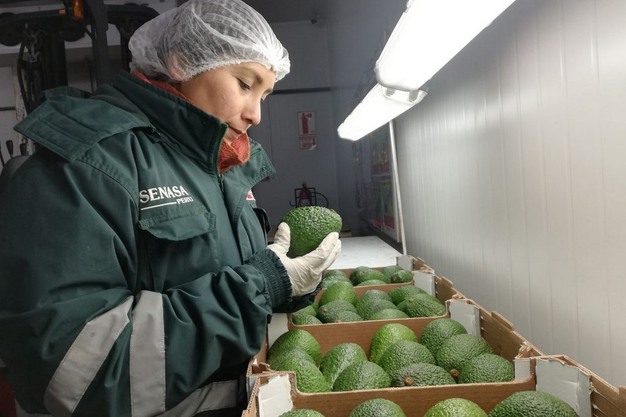The recent strike by workers of the National Agricultural Health Service (Senasa) has raised some concerns in the Peruvian agro-export sector. Since June 24, 2024, the Senasa Workers' Union has remained on indefinite national strike, putting at risk the issuance of phytosanitary certificates crucial for the export of agricultural products. The protest has been organized because of unmet demands for wage increases and improvements in the working conditions, according to a statement issued by the union.

Impact on exports
The issuing of phytosanitary certificates is an indispensable requirement for the export of fruit and vegetables. They guarantee that the products meet international health and quality standards. Any interruption or delay in the issuance of these certificates can severely affect the supply chain and the reputation of Peruvian products in the global market.
A citrus exporter mentioned that "one of Senasa's sectors is on strike, working at 20 to 30 percent of its capacity, with inspections requiring prior coordination." This has caused delays in the export of certain products, although some exporters have managed to continue delivering their shipments thanks to coordination with Senasa engineers.
Reactions and measures taken
Faced with this situation, Senasa reports that it has taken measures to ensure the continuity of services in its 25 executive directorates and service centers nationwide, for the benefit of the agricultural sector's development and the country's growth. The entity also underlined its commitment to open dialogue to address the needs of its workers and resolve the situation.
Meanwhile, the Ministry of Agrarian Development and Irrigation (Midagri) has announced a series of measures intended to meet the demands of Senasa workers. These measures include the revision of working conditions and the implementation of wage improvements, in the hope of ending the strike and restoring normal operations.
Consequences for the market
The strike has affected various agricultural products in different ways. In the case of ginger and turmeric, the export season has just begun and only insignificant volumes have been exported so far, which has reduced the negative impact on this sector. However, for products such as avocados or citrus fruits, inspections continue, although with limited operational capacity, which could lead to delays in the delivery of phytosanitary certificates and have an impact on exports.
Agro-exporters have expressed concern about the possibility of the strike being extended, which could have more serious consequences for the sector in the coming months; however, the authorities' openness to dialogue and the measures taken seem to be an indication that a prompt and effective solution is being sought.
In conclusion, the Senasa strike is putting the stability and growth of the Peruvian agro-export sector at risk. The authorities and the workers must find a solution to be able to continue exporting without compromising the labor rights of Senasa employees. The continuity of negotiations and the implementation of corrective measures will be crucial to avoid further market disruption.
